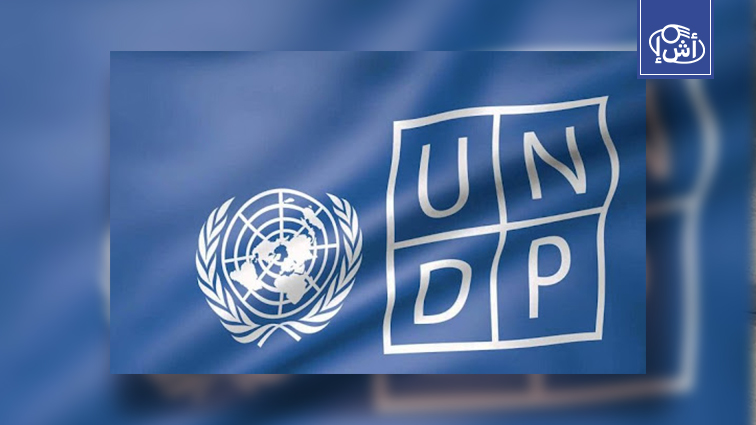A recent field report issued by the United Nations Development Program stressed the need for Libya to invest in the skills of its youth as a means of transforming the country’s future.
The report was published to coincide with World Youth Skills Day, and highlighted that Libya is one of the youngest countries in Africa, with an average age of 27 years.
The report explained that investing in youth skills and well-being can contribute significantly to reducing the country’s dependence on oil and hydrocarbons, indicating that Libyan youth possess the potential and innovations that can push the country towards a prosperous future.
The report touched on one prominent example, which is the “Maharah” programming school, which was launched in late 2023. This initiative aims to provide Libyan youth with programming and technological expertise and transform them into effective elements in social and economic progress. This initiative was developed in partnership between the United Nations Program Development and the Libyan government.
Last May, the school concluded its activities with a career fair held in Tripoli, Benghazi and Sebha, where more than 100 graduates participated in exploring job opportunities, and multi-sector companies attended to meet potential candidates and establish partnerships with young programming talent.
The report highlighted the “ILMS” team, which won the Demo Day competition in Benghazi with an integrated educational platform project.
The platform includes a learning management system that helps in registering courses, tracking exams, and recording absences. The team included Muhammad Al-Faytouri, Moaz Abu Mansieh, Hassan Kara, and Ibrahim Al-Mahdawi.
Moaz Abu Mansieh said: “I started my programming journey with software engineering at university, but the Maharah program provided me with the ideal bridge between theory and practice.”
Ibrahim Al Mahdawi, who lost his sight at an early age, added that he found the Maharah program an invaluable opportunity to develop his practical skills and communicate with fellow programmers.
Marton Benedek, Head of the Cooperation Department at the European Union Mission, stressed that Libya’s potential lies in its well-educated youth, and the importance of providing technical assistance and capacity-building support to ensure a bright future for the country.
Egyptian efforts to obtain funding to link the electricity grid with Europe
